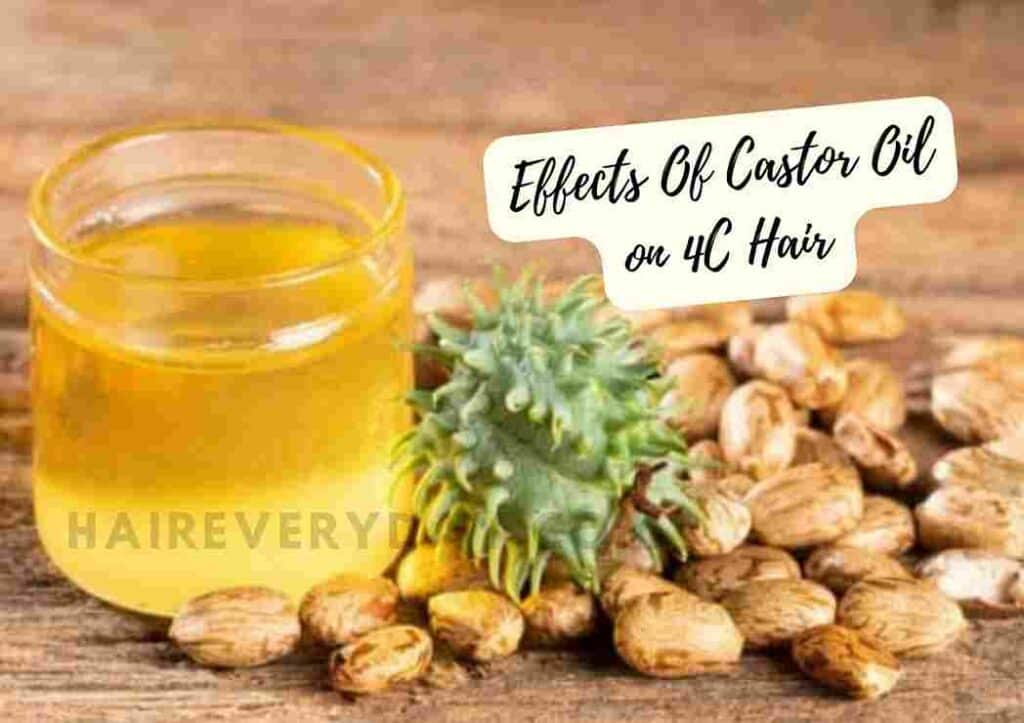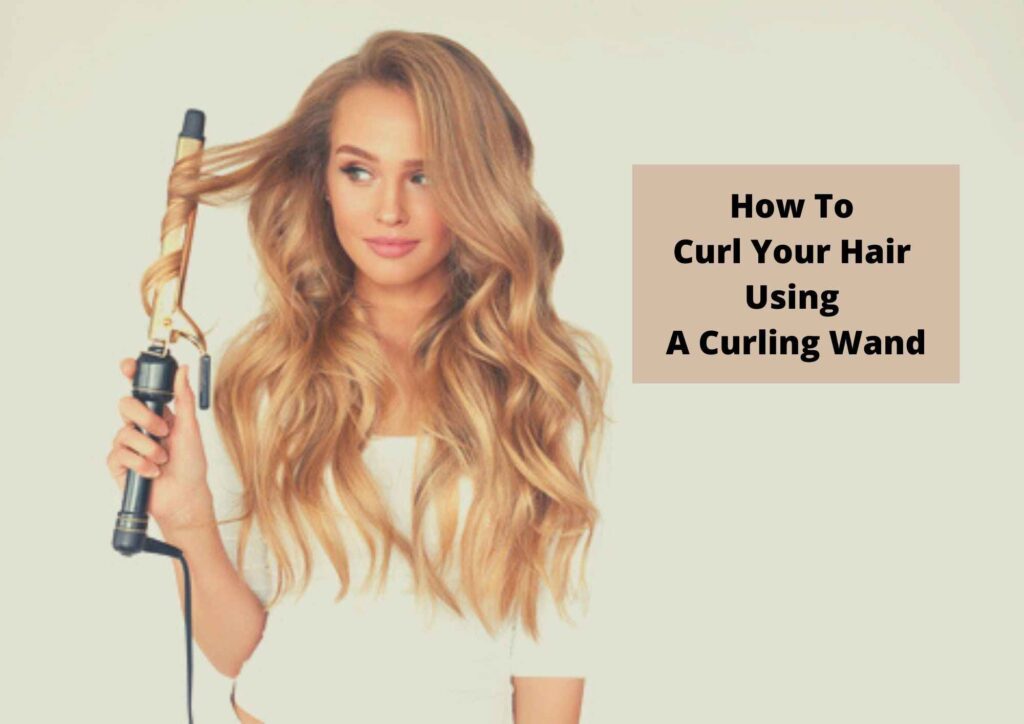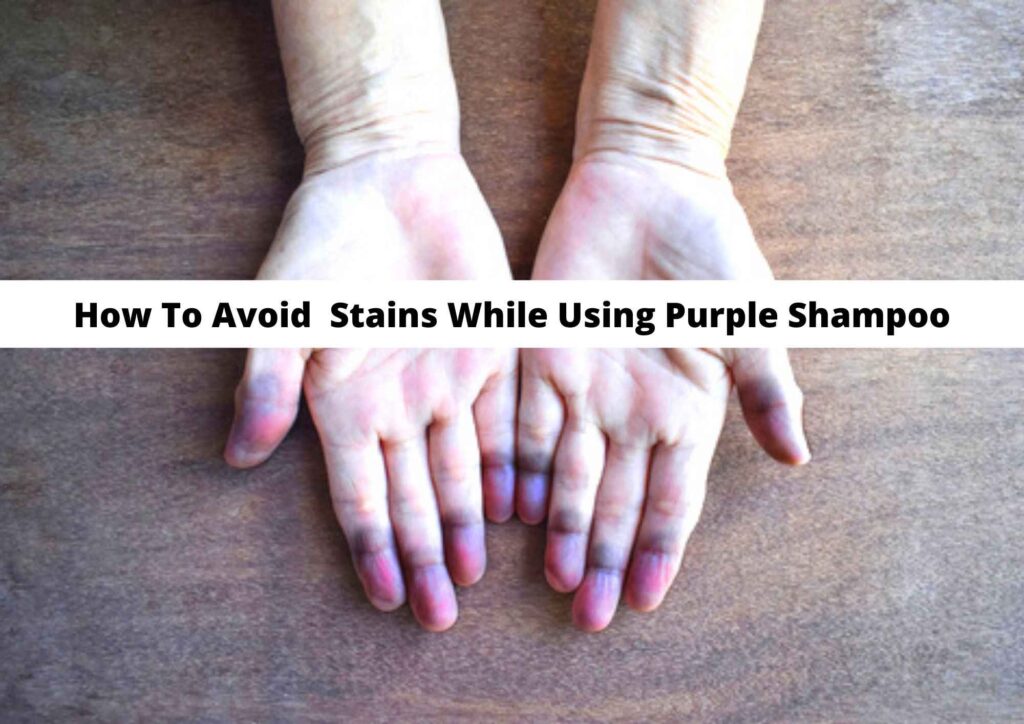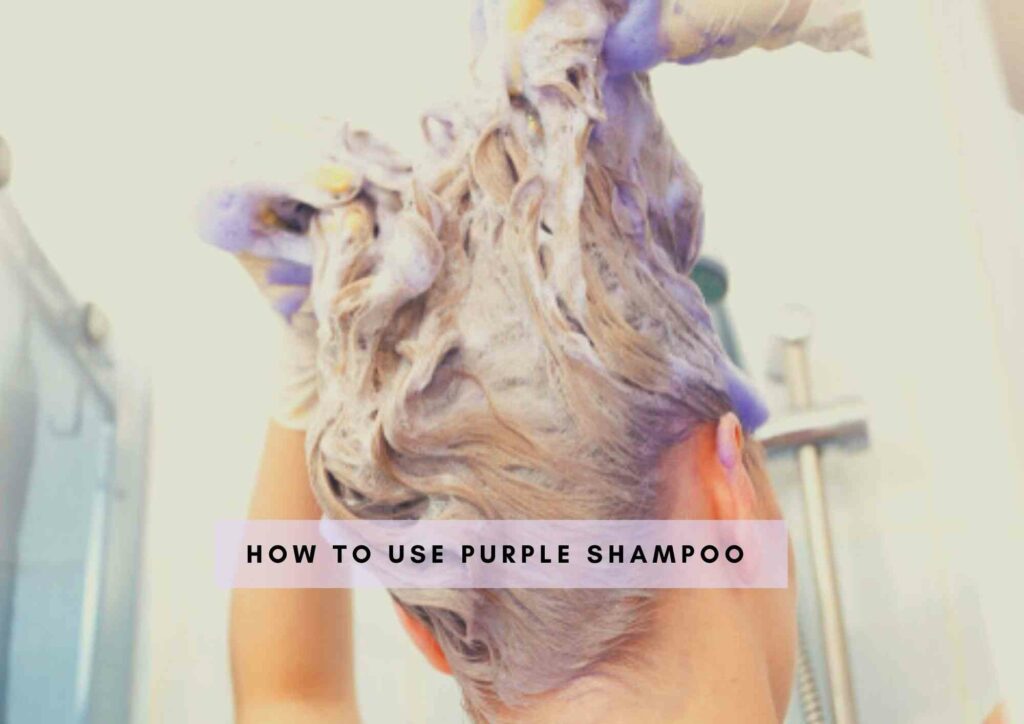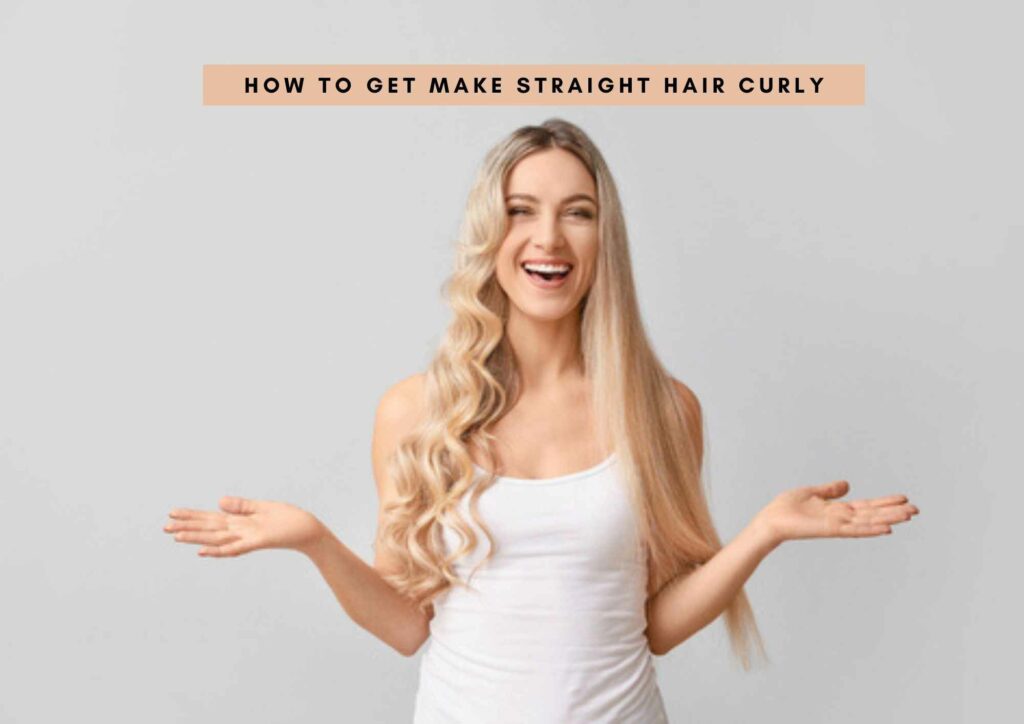In this article, I have detailed the Effects Of Castor Oil On 4c Hair, including the benefits of castor oil for hair growth, its disadvantages and side effects and how to use castor oil for natural hair.
Every naturalista loves to experiment with different hair care treatments to keep their hair looking healthy and beautiful. One of the oldest and most popular treatments used by naturalistas is castor oil.
This nutrient-rich oil is popular with 4c hair due to its immense hydrating, nourishing, and revitalizing qualities. But how do we ensure we’re achieving maximum ends benefits with castor oil?
Here I will discuss the wonderful effects of castor oil on 4c hair, giving guidance on the application, effects, and results.
Effects Of Castor Oil On 4c Hair
The effects of castor oil on 4c hair are nothing short of impressive. It helps nourish, strengthen and revitalize dry, damaged or unkempt hair and provides a major boost of hydration. It can provide a smoother and softer texture, as well as encourage deeper, thicker growth.
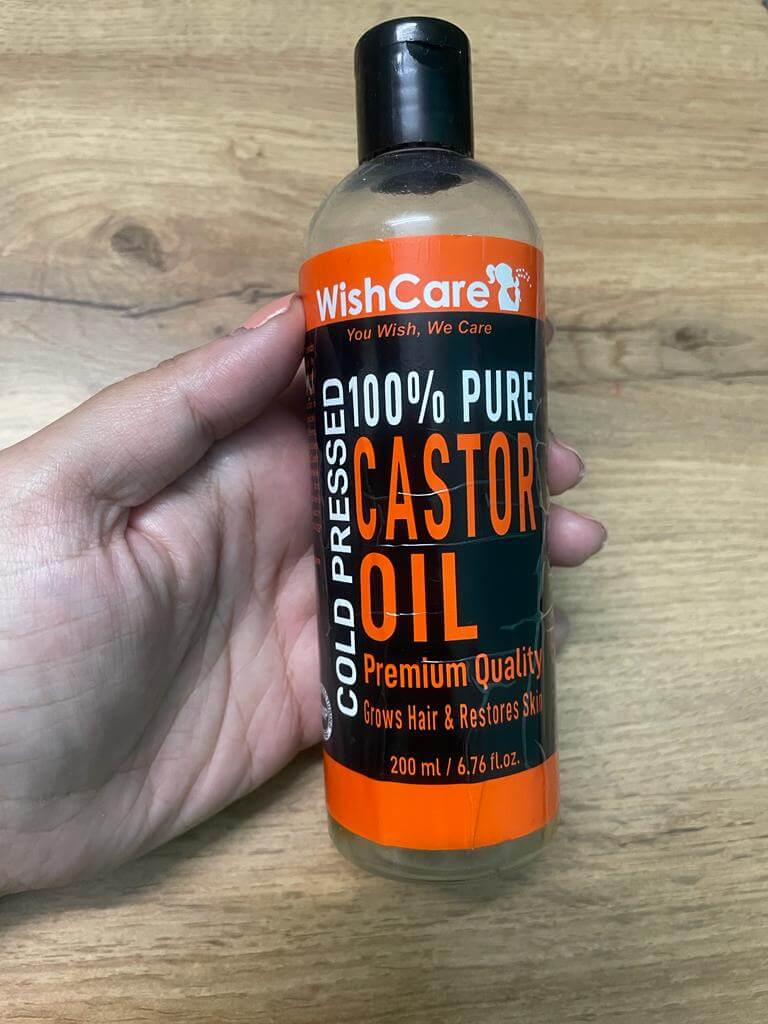
Castor oil is known to be incredibly nourishing and effective on 4c hair, with its unique composition of antioxidants, fatty acids and proteins. It helps to moisturize the scalp, soothe irritated and inflamed skin, reduce scalp redness, and provide the nutrients to encourage healthy hair growth.
When applied to the scalp, castor oil penetrates deep into the hair follicles, which helps reduce sebum buildup and impurities that block the absorption of necessary nutrients.
The presence of omega-6 fatty acids stimulate blood circulation which can reduce hair loss and promote new growth. Moreover, the vitamin E present in castor oil helps protect the hair against damage based on environmental toxins.
Overall, the effects of castor oil on 4c hair are numerous and incredible. Not only does it provide nourishment but also encourages thicker and longer hair.
The omega-6 fatty acids and Vitamin E helps to strengthen the follicles and protect them against damage. You may even see a drastic reduction in hair loss when using regularly.
Nutritional Contents Of Castor Oil
Castor oil is well known for its nourishing properties and is often touted for its hair strengthening benefits. It is extracted from the ricinoleic acid-rich seeds of the Ricinus communis plant.
As an oil, it is packed with essential nutrients and vitamins including Vitamin E and minerals such as zinc, chromium, and phosphorus.
Castor oil is a potent anti-inflammatory and antimicrobial agent, and it is exceptionally high in ricinoleic acid, a monounsaturated fatty acid which can penetrate deeply into the hair shaft and provide moisturizing benefits.
It also contains unique properties like omega 9 fatty acids, which help to keep the scalp hydrated and nourished so that 4C hair types can maximize both shine and elasticity.
Ricinoleic acid helps to promote healthy cell regeneration and prevent breakage, while its lubricating properties allow it to penetrate and protect the hair strands. It’s also rich in Vitamin E, making it a powerful antioxidant and a key ingredient to help promote a strong and healthy scalp.
Additionally, it contains proteins and proteins, and a combination of polyunsaturated and monounsaturated fatty acids. All of these components make it an ideal oil choice to promote both growth and health in 4C hair.
Benefits Of Castor Oil On 4c Hair

Castor oil, derived from the castor plant, is a versatile beauty product that has proven beneficial for a variety of hair types, especially 4c hair.
Not only does it help to encourage growth, it can also keep it looking healthy and hydrated. Some of the major benefits of using castor oil on 4c hair include:
Moisture & Hydration: 4c hair, characterized by tight kinks and coils, can become extremely dry, leading to breakage and split ends.
As castor oil is a natural emollient, it contains high amounts of fatty acids, which help to intensely hydrate, nourish and strengthen the strands, reducing frizz and enhancing the hair’s natural softness.
Protection Against Damage: Because 4c hair is so delicate, using products with damaging ingredients can make it more prone to breakage.
Castor oil contains natural and organic compounds that help to create a protective barrier against free radical damage, helping to keep your hair strong and resilient.
Increases Hair Growth: 4c hair tends to grow slower than other hair types and most people have trouble finding growth-focused products that are specifically for their hair type.
Castor oil contains ricinoleic acid, which helps to open up the follicles and encourage better flow, resulting in longer, thicker hair.
By using castor oil to enrich and hydrate the hair, your 4c hair will look healthier, stronger and have a boosted rate of growth.
It’s an amazing natural product that will help to protect your tresses and get you one step closer to having the glistening, healthy hair you’ve always wanted.
- Related: Argan Oil For Hair
- Related: Grapeseed Oil For Hair
- Related: Benefits Of Using Sunflower Oil For Hair
- Related: Effects Of Using Walnut Oil On Natural Hair
How To Use Castor Oil For 4c Hair
When it comes to naturally caring for 4c hair, castor oil is a must-have item in your arsenal.
This lightweight oil has a low absorption rate, making it easier to distribute evenly across your hair; a single application can offer noticeable results.
To get the most out of using castor oil on your 4c hair, it is important that you follow the recommended steps.
First, start off by concentrating the oil on the scalp. Rub the oil through your hair strands and finger the oils onto your scalp, targeting the typically drier areas on the crown and nape area, as these are the regions that tend to get the most dry.
After you have applied the oil onto your scalp, begin to thoroughly coat the length of your hair, focusing on the tips to reduce tangling.
Next, you will want to section your hair and gently detangle with a wide-toothed comb.
The act of detangling will help to evenly distribute the oils. Make sure to detangle your section properly by using the least amount of tension and not vigorously combing through the hair.
After detangling, you may secure the section with a large clip loop or elastic band.
Finally, cover your hair with a plastic cap, wrap a warm towel or operate a hair dryer with a cool setting for 5-10 minutes to set the oil in or you can even opt for heat-free styling and allow the castor oil to fully penetrate the hair for 40 minutes to 1 hour.
Once all of the steps have been completed, you can wash it out with your favorite shampoo.
Castor oil is an amazing product for 4c hair and can be used in an array of protective styling, from twists to braids. With proper use, you will see soft, manageable and healthy 4c hair can be achieved when you use castor oil.
What Are The Disadvantages Of Castor Oil For Hair?
Using castor oil on hair is becoming increasingly popular as many people look for natural solutions to improve the appearance of their hair. However, as with most things, there are potential disadvantages to using castor oil as a hair treatment.
The most obvious disadvantage when it comes to castor oil is its thick texture, which can make it difficult to work through finer hair textures, such as 4C hair.
Castor oil is quite dense and can be difficult to distribute evenly when used for styling, resulting in build up and clumping.
This can lead to the hair becoming weighed down, leading to lacklustre results and making it difficult to style.
Additionally, many people find that castor oil does not penetrate their strands or offer any lasting moisture. This means that people with 4C hair often find that the effects of castor oil are short-lived and require frequent applications in order to maintain any benefit.
In addition, castor oil can be quite expensive, especially when using a cold pressed variety. This high cost can be prohibitive and impact the decision to use castor oil as a treatment, particularly for those on a tight budget.
Overall, there are potential disadvantages to using castor oil as a hair treatment. These include difficulties distributing the oil, lack of moisture and lasting benefits, as well as its high cost.
It is important to weigh up the potential pros and cons of castor oil before deciding to use it as a hair treatment.
How To Remove And Wash Off Excess Castor Oil From Hair
Removing excess castor oil from 4c hair can be a tricky task, and it is highly recommended to avoid applying it in the first place. But if you’ve already smothered your curly tresses with castor oil, here are the steps you should take in order to get it all out.
Firstly, shampoo your hair thoroughly with a clarifying shampoo. Make sure to pay special attention to your roots, as this is where excess oil is likely to be present.
If a regular shampoo seems insufficient, consider switching over to a deep-cleansing shampoo and use it for an extra good rinse.
You can also try a chelating shampoo, which is specifically designed to draw out dirt, oil, and product residue from your hair, which is perfect for removing any residual castor oil.
Once you’ve shampooed your hair, add a generous amount of apple cider vinegar (ACV) to your hair. Apple cider vinegar helps to dissolve the oil and product build-up that shampooing alone may not completely clear up.
Apply the ACV to your damp hair and let it sit for 5-10 minutes before thoroughly massaging it into your scalp and strands.
Finally, lather and rinse your hair a second time with a regular shampoo. Doing this will help to seal in the cleansing ingredients and clear away any additional soap residue.
Finish up with a moisturizing conditioner, to replenish the moisture you likely stripped out of your hair in the process.
This whole process requires a bit of extra effort, but it can be effective in ensuring that all of that pesky castor oil is removed from your 4c hair, so you won’t run the risk of any potential adverse side effects.
Conclusion
Castor oil is a powerful, natural remedy for treating and nourishing 4C hair. It has the power to significantly improve both the feel and look of this hair type, leaving it hydrated, soft, and manageable.
With the right application and regular use, it can help restore damaged or dry hair to its natural, healthy glow.
In addition to its nourishing properties, castor oil is also packed with a variety of antioxidants, minerals and vitamins that can help strengthen problem areas and add shine to dull or lifeless locks.
If you have 4C hair and want to reap the benefits of this all-natural treatment, give castor oil a try and reap the rewards!
Also Read:
Does Jamaican Black Castor Oil Help For Hair Growth
Amazing African Black Soap Benefits For Hair
To Summarize

